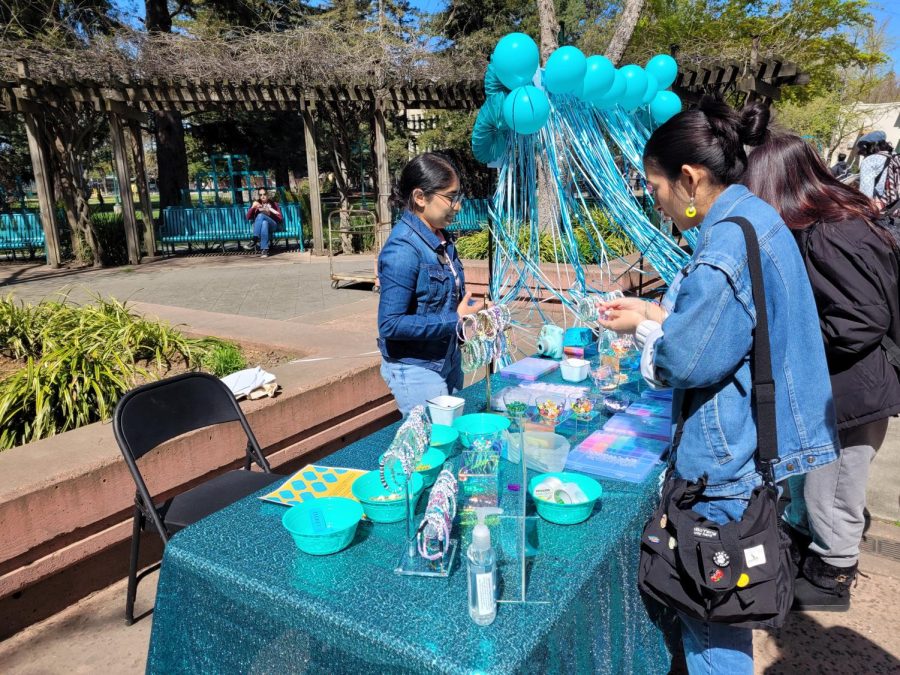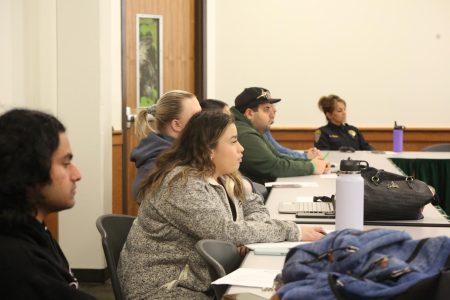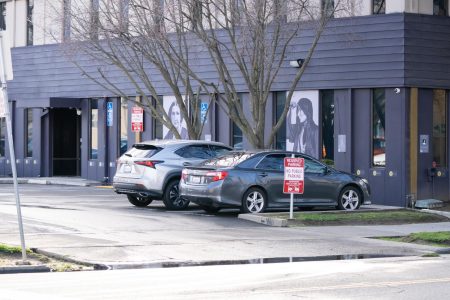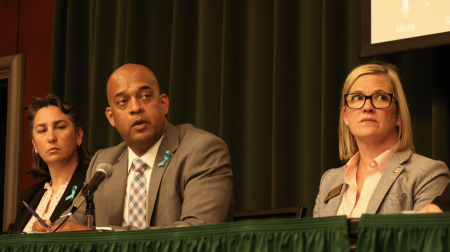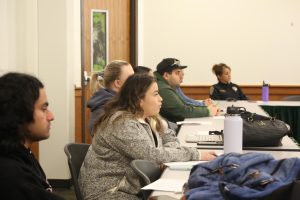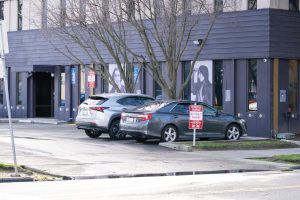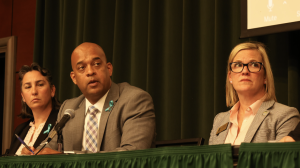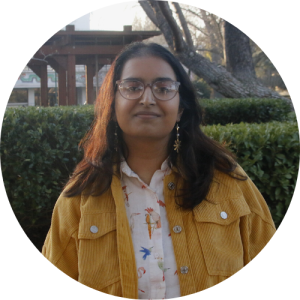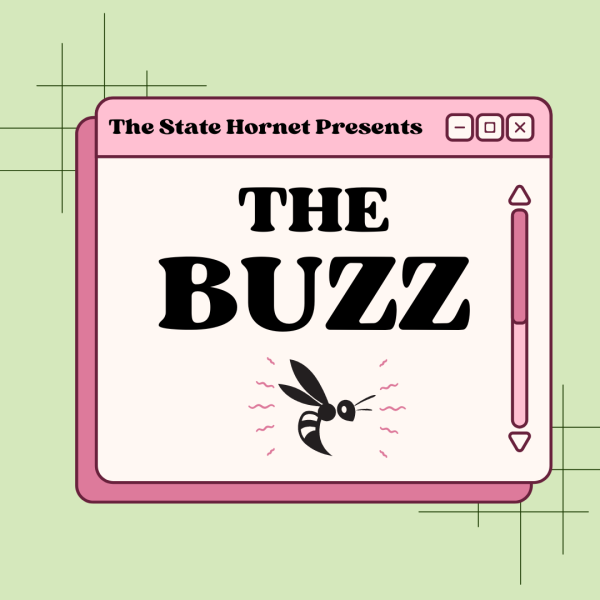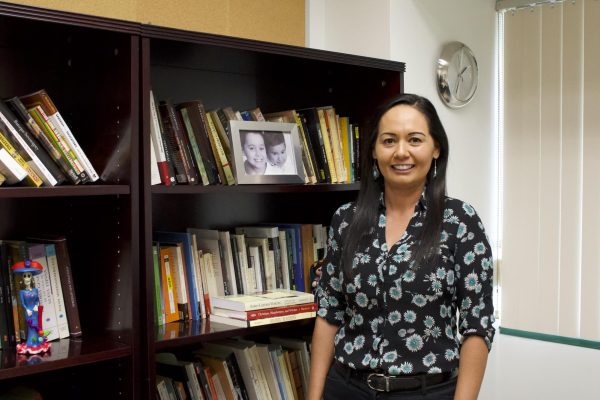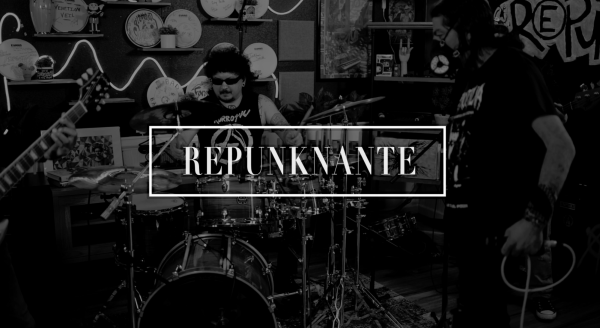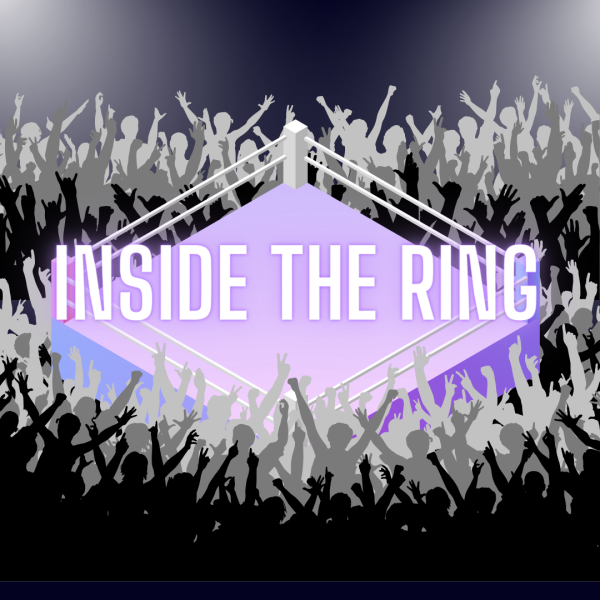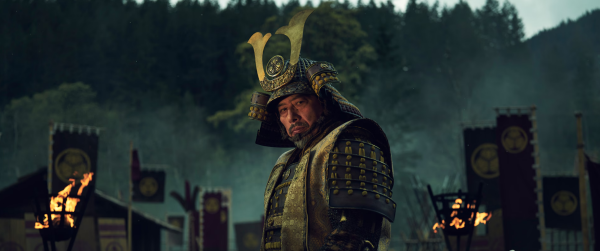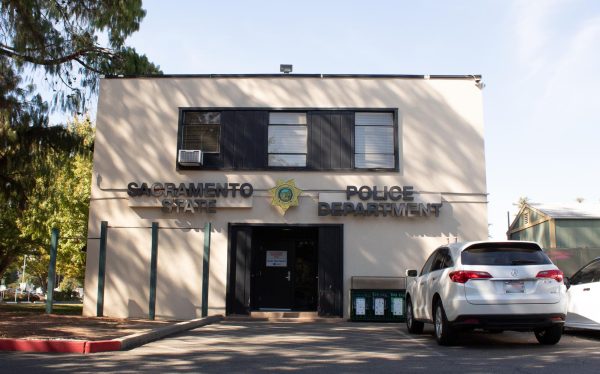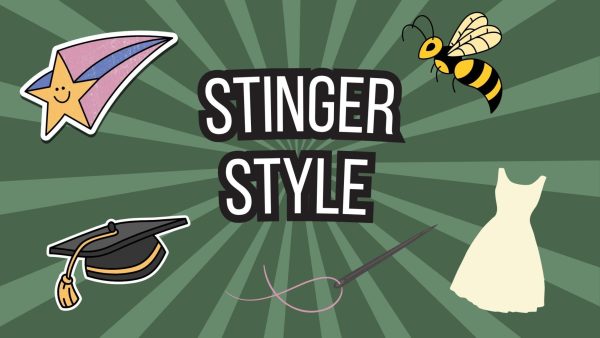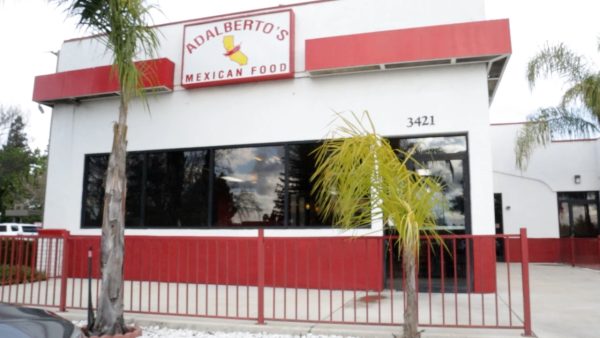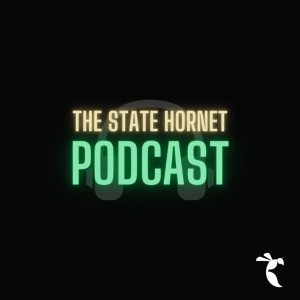Day of Action educates students on Sexual Assault Awareness Month
Sac State kicks off the first annual event with activities in Library Quad
Students making bracelets at a table run by student volunteers in the Library Quad Tuesday, April 4, 2023. The Office for Equal Opportunity held a tabling event which will continue every Tuesday through the end of the month to celebrate Sexual Assault Awareness Month.
April 5, 2023
Sacramento State held its first Sexual Assault Awareness Month Day of Action Fair Tuesday in the Library quad, where students could participate in activities and learn about sexual assault prevention resources available on campus.
The tabling event, referred to as ‘Teal Tuesday’ because teal is the color for sexual assault awareness, will occur every Tuesday in April, said Michael Lee-Chang, student-intern at the Office for Equal Opportunity.
The event included tabling from organizations like the Office for Equal Opportunity, Panhellenic Sorority Council and WEAVE, where students could have discussions about consent, make bracelets and fill in coloring pages at the relaxation station. A raffle was also held for students who came by.
These activities will change each Tuesday, said Sumaya Mayaar, a first-year public health major and student intern with OEO. She said the event is meant to provide a safe space for students to learn about sexual assault prevention and sexual health.
“We actually did this on purpose for students to also have fun but at the same time get the message, get the knowledge,” Mayaar said.
Zoya Altabaa, a first-year journalism major, said she thought the delivery of the information through posters and tabling was effective.
“It kind of delivers the message a lot better than having it as an educational thing where you sit and just listen,” Altabaa said. “Obviously that’s so important, but I feel like connecting in those simple ways, such as writing cards or whatever, it just makes it connect on a different level.”
Keolani Kauvaka, a fourth-year sociology major, said she believed the event and its features, like the condom cart, were effective in spreading awareness. It also helped because Kauvaka said students could speak to those who are sharing information.
“I think it genuinely just reminds people of things they don’t typically think about,” Kauvaka said. “[The tables] all promote sexual harm reduction as opposed to abstinence, which is really important to me.”
Although there is an emphasis on activities, the OEO held a seminar in the University Union, where psychiatrist Dr. James Jung talked about how trauma can transform the brain.
Jung said students affected by trauma can feel anxious around triggers, have persistent negative thoughts, poor self-judgment and cause survivors to feel stuck in life.
Jung said in order to support survivors, students should be present to listen while letting the survivor know they have control of the situation. Students speaking to survivors should eliminate the pressure of saying something perfect in response and just listen without rushing the survivor, he said.
Although it is important to support survivors, Jung said it’s important for those supporters to take care of themselves as well.
“The answer for trauma-informed care, in my opinion, cannot be creating more burned-out traumatized people in the process,” Jung said.
Maya Hernandez, a fourth-year sociology major, said she believed the activities were good for those going through something potentially traumatic in their lives by learning that others support their journey.
“It’s a good way to show you’re not alone,” Hernandez said. “You have people here not only with a stance, but people here that are supporting it.


























































































































